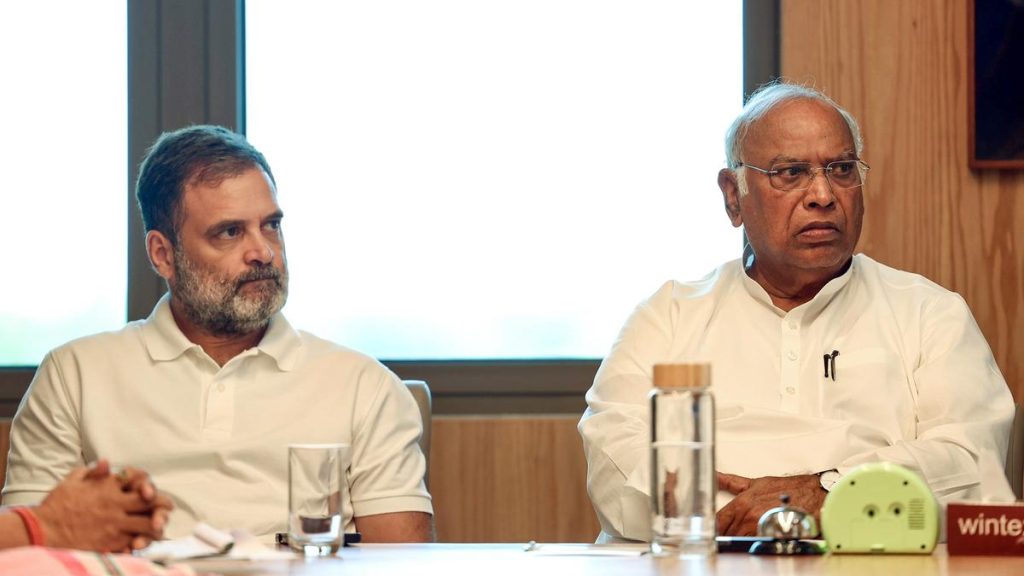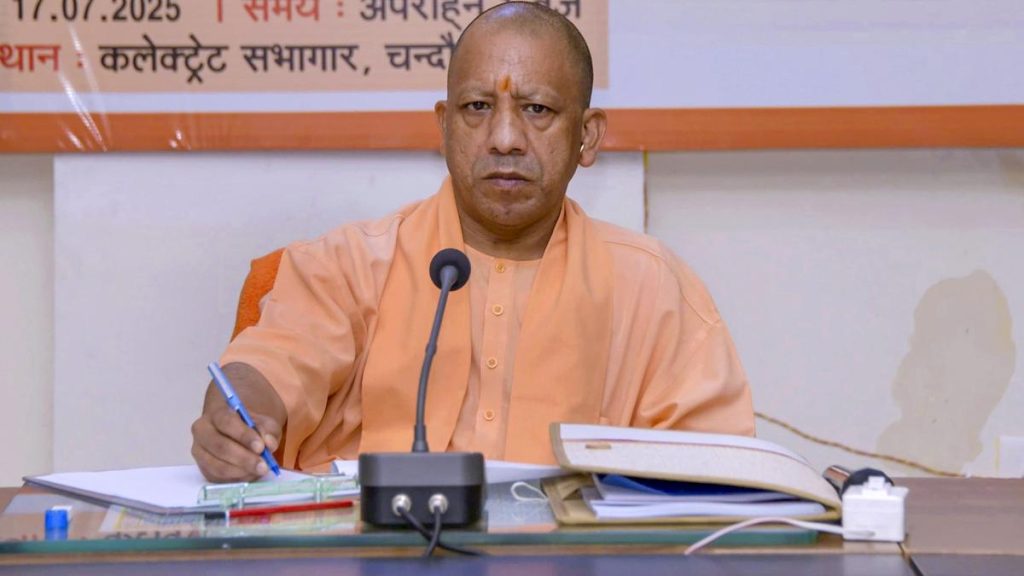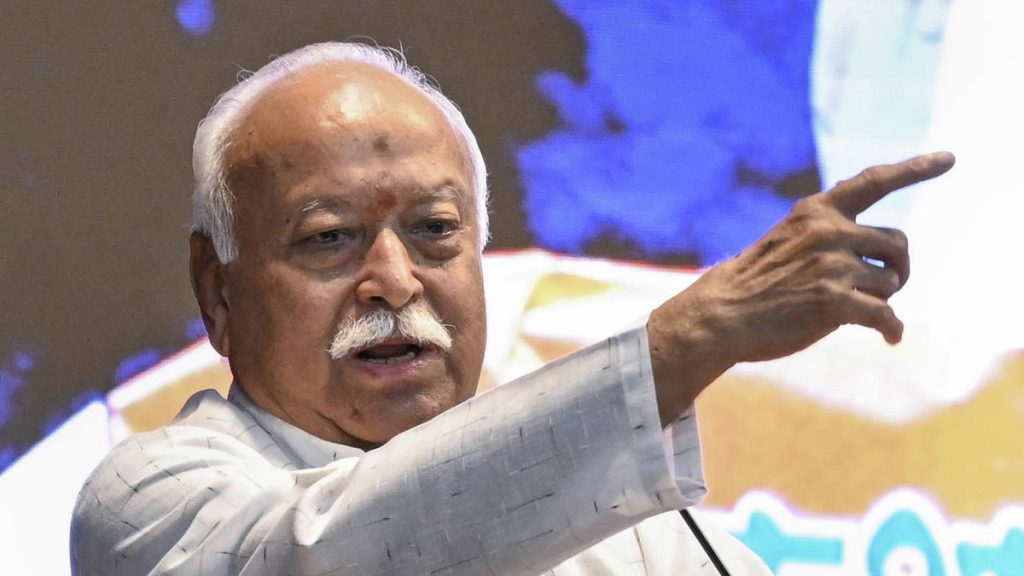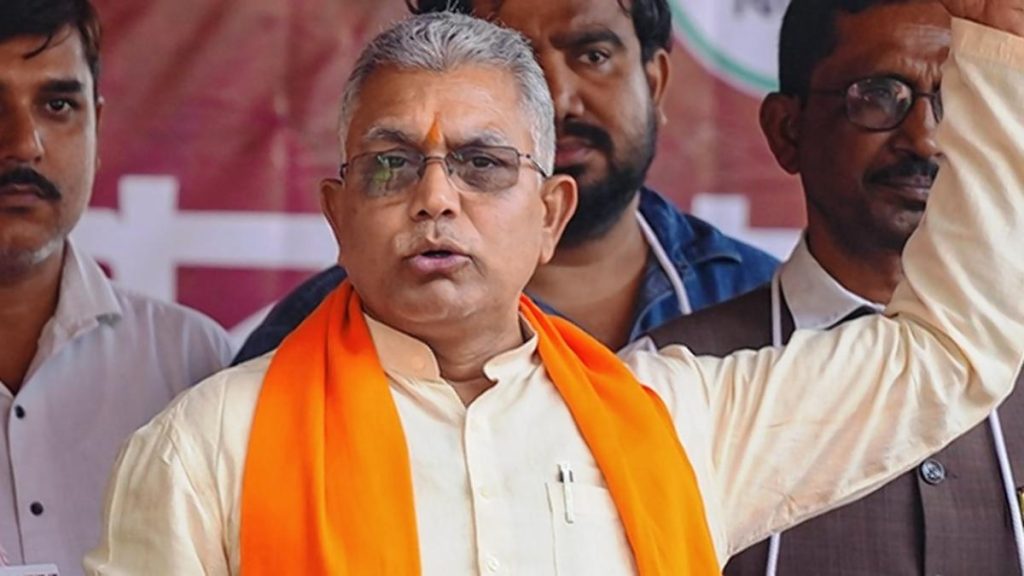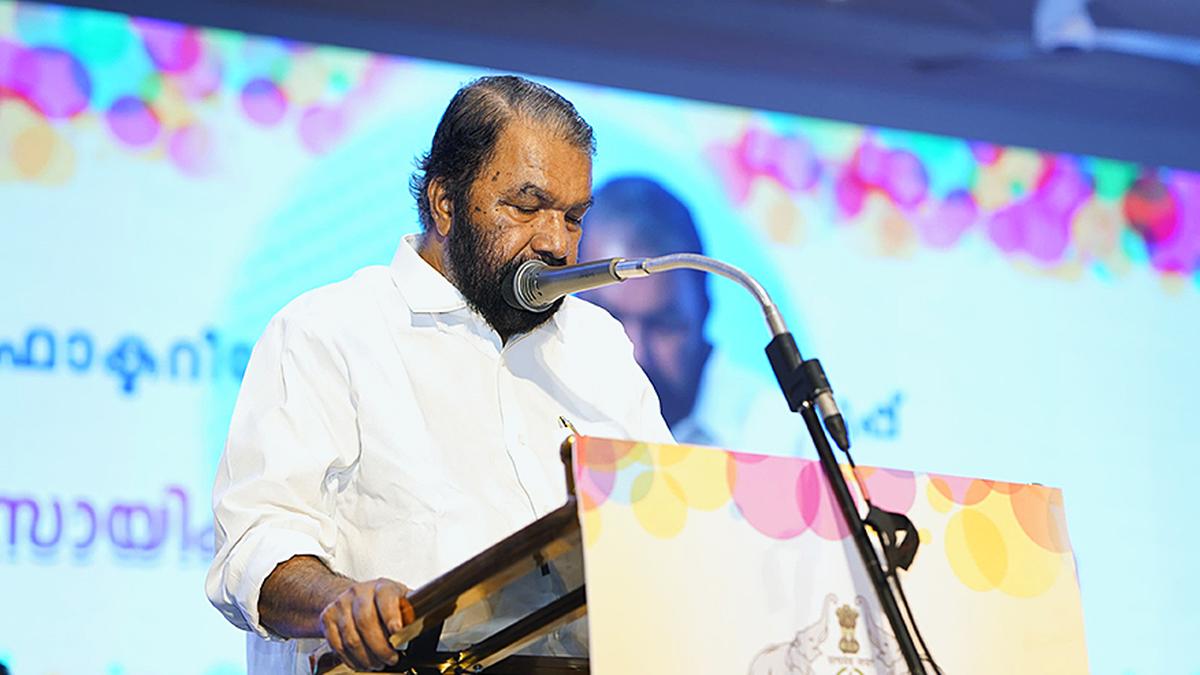Now Reading: Platform Fees Become Industry Standard: Inevitable Shift in Digital Economy
-
01
Platform Fees Become Industry Standard: Inevitable Shift in Digital Economy
Platform Fees Become Industry Standard: Inevitable Shift in Digital Economy
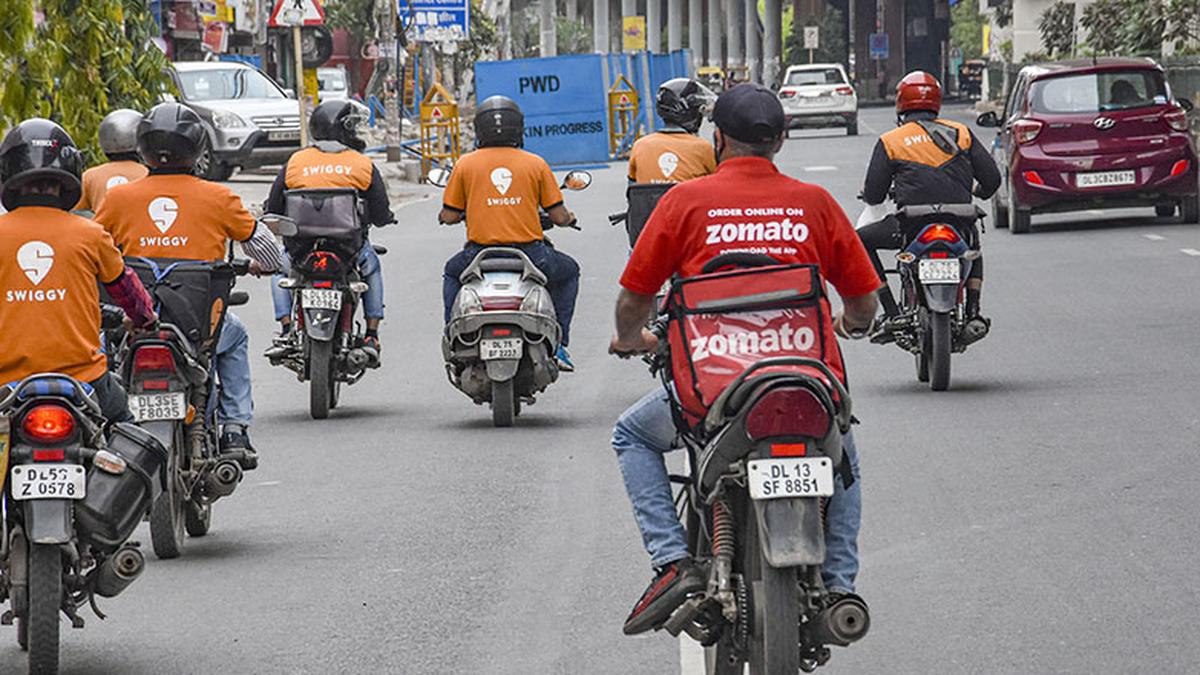
Quick Summary
- E-commerce and quick commerce platforms in India, including Swiggy, Zomato, Zepto, BlinkIt, and Amazon, have introduced platform fees ranging from ₹5 to ₹10.
- Swiggy’s platform fee grew from ₹2 in 2023 to ₹10 currently; GST is applied on top of these fees.
- Zomato reported earning ₹83 crore in the 2023-24 fiscal year from such fees.
- Food delivery platforms charge commissions of 15-25% from restaurants. Grocery apps own inventory but work wiht limited profit margins.
- Experts suggest platform fees are aimed at improving profitability amid slimmer margins caused by earlier investments in discounts and tech infrastructure development.
- Industry representatives cite consumer comparison shopping as a deterrent for raising sticker prices directly; so the use of discreet checkout fees rather.
- Consumer advocates like CUTS highlight concerns about clarity issues and potential anti-competitive practices resembling cartel behavior across the industry.
Indian Opinion Analysis
The introduction and consistent increase of platform fees by major e-commerce and delivery platforms signal a broader shift towards prioritizing profitability amidst intensifying competition. While this strategy helps companies navigate narrow profit margins without directly altering product prices upfront – which could deter price-sensitive consumers – it may risk alienating customers frustrated by higher overall costs revealed only during checkout.
Transparency is emerging as a key issue. As consumer expectations evolve alongside these pricing changes, ensuring clear disclosures about charges upfront will be critical for maintaining trust within India’s rapidly expanding digital marketplace ecosystem. additionally, allegations of potential cartel-like behavior warrant scrutiny to ensure fair competition principles are upheld while safeguarding consumer interests.
Image used for representation purpose only | Photo Credit: PTI
Read More


